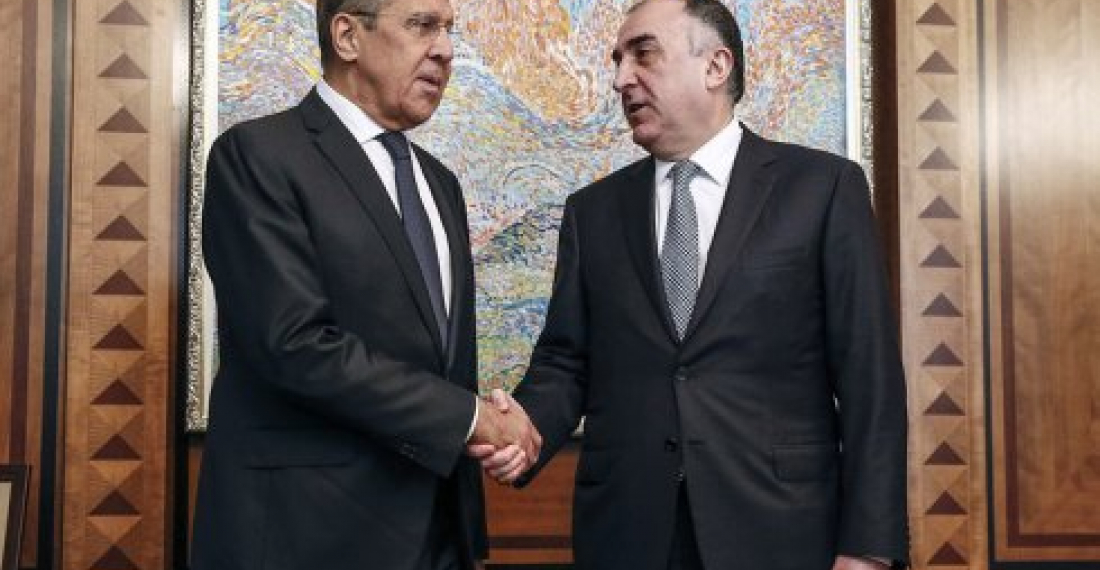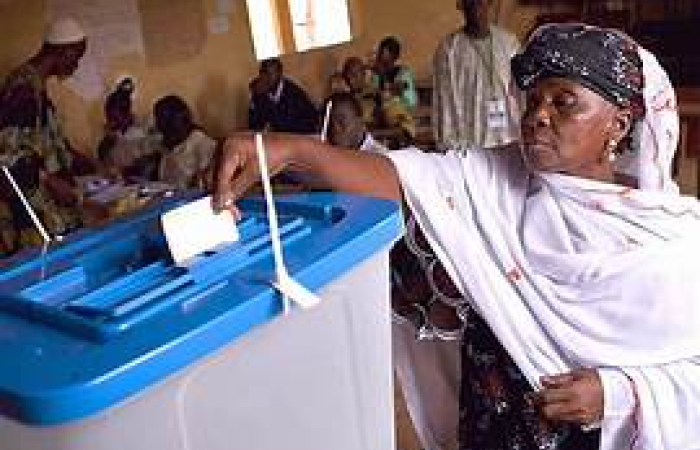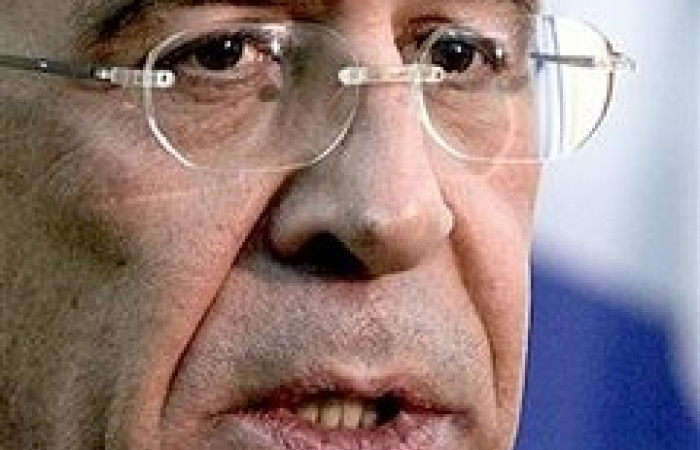The Russian Foreign Minister, Sergei Lavrov, on Sunday (19 November) arrived in Baku for discussions with the Azerbaijani leadership.
On Sunday evening the Russian Foreign Minister met with the Azerbaijani President Ilham Aliyev and extended to him the greetings of president Putin.
Speaking at a press conference with the Foreign Minister of Azerbaijan Elmar Mammadyarov, on Monday morning Lavrov was quoted as saying that on the Nagorno-Karabakh issue Russia shared a well known common position with France and the United States "The Co-chairmen - these three countries - regularly meet at the level of ambassadors and ministers, as well as regularly visit the region", TASS news agency quoted the Minister as saying. The Russian foreign minister also expressed hope that the meeting between Azerbaijani and Armenian Presidents Ilham Aliyev and Serzh Sargsyan, held in October, will help overcome "some kind of stagnation" in the Nagorno-Karabakh settlement, the agency added.
Azerbaijani media quoted the Russian Foreign Minister as saying that the solution for the Nagorno-Karabakh conflict was well known and "the menu was on the table".
"All steps towards the resolution of the conflict have been discussed multiple times and have appeared in OSCE documents and in the statements of the co-chairs. The ‘menu' is on the negotiating table", the Azerbaijani news agency APA quoted the Minister as saying.
He added that the documents on the Nagorno-Karabakh conflict's settlement have been compiled as a package.
"It is impossible to exclude this element or another. In that case the other side may think that the balance shifts. Diplomacy will find an option acceptable for both sides," Lavrov noted.
Asked about the possibility of increasing the number of the OSCE Minsk Group co-chairs, Russia's top diplomat said it was the first time he had heard such a question.
"There is an agreed format for resolving the conflict. The three co-chairs do not work in isolation. The Minsk Group also has sides interested in the settlement process. You're the first person I've seen asking about increasing the number of co-chairs of the Minsk Group. A new proposal may lead to the intentional or unintentional breach of the process," added Lavrov.
source: commonspace.eu with agencies
photo: The foreign ministers of Russia and Azerbaijan (archive picture)






